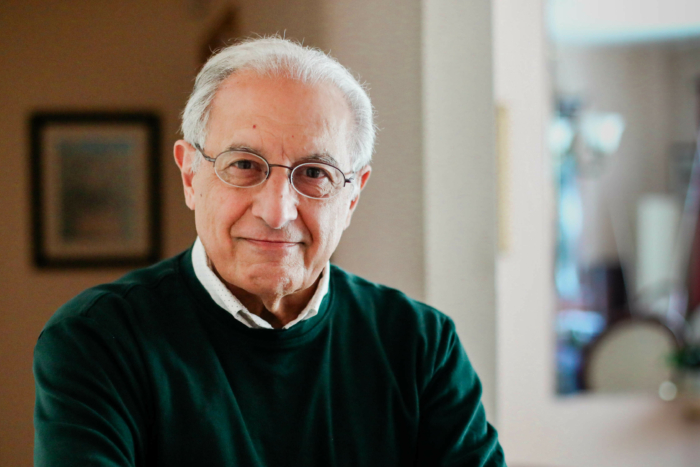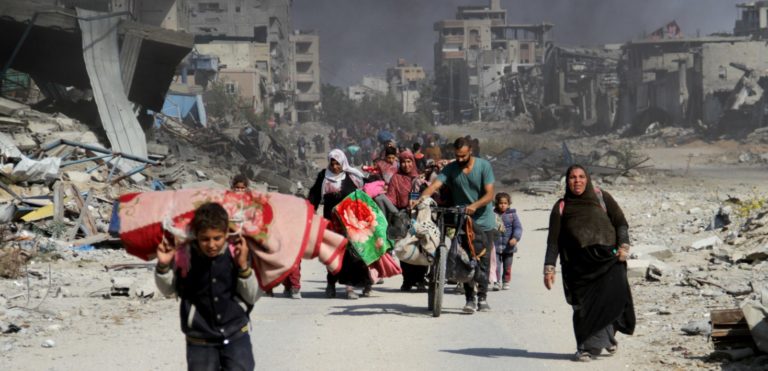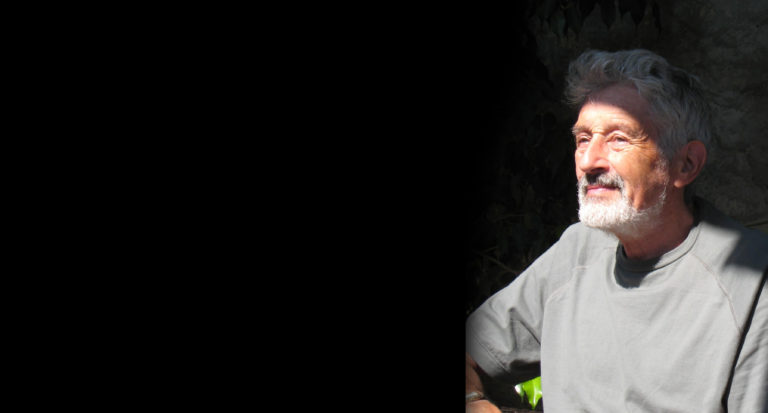by Denis Kosseim and Chadi Marouf
Today, July 14th, is France’s National Day, its Fête nationale. On this day, we would like to tell you about a Lebanese schoolteacher named Georges Ibrahim Abdallah.
In 1982, events occurring in Lebanon deeply shook Georges, then 31. During the Israeli invasion of Lebanon and under the watchful eye of the Israeli army, a Lebanese militia known as the Kataeb (or Falangists) entered two adjacent refugee camps in the south of Beirut: the camps of Sabra and Shatila[1]. Following orders issued by the militia’s commander, Elie Hobeika, the Falangists slaughtered nearly all the defenseless population over the next 36 hours. As many as 3500 civilians (mostly Palestinians and Lebanese) were killed. The Israeli army facilitated the massacre: at dusk, the Israeli commander, Ariel Sharon, had the camps lit, turning night to day. There was no place to hide, no escaping the carnage…
Georges, a Maronite Christian, was appalled by what had just happened. There was no way he could let this pass, carry on and forget. He therefore took his struggle internationally, going to Europe. In 1984, he was arrested in France and jailed. In 1987, he was convicted to a life sentence for complicity in the killing of an Israeli diplomat and an American colonel (the US was also involved in the 1982 Lebanon War and occupation of Lebanon).
“I am a fighter, not a criminal (…) The path I followed was imposed on me by the human rights abuses perpetrated against the Palestinians”.
Georges Ibrahim Abdallah
Now in his early 70s, Georges has spent close to 40 years behind bars as a political prisoner. During his trial, he declared: “I am a fighter, not a criminal (…) The path I followed was imposed on me by the human rights abuses perpetrated against the Palestinians”. Georges has been up for parole many times, but each time, parole has been denied. Everything seems to indicate he will die in prison. Parole seems quite impossible for political prisoners.
There was a time when Nelson Mandela was a political prisoner. He would have died in prison had it not been for an international campaign demanding his freedom. The South African government kept saying it would release Mandela on the condition he expressed remorse and promised to stay away from politics, but he never complied with the South African government’s conditions. Just like Mandela, Georges would be set free if he publicly renounced his acts and abstained from politics, but he does not see himself as merely an individual. He sees himself as the representative of a people’s struggle for freedom and dignity.
For Georges, bartering his liberation for admission of wrongdoing would be selling out. It would be compromising core principles. If he did cave in, he would no longer be behind bars, but he would be imprisoning himself. Georges’ steadfastness after all these years is a lesson to all of humanity in the struggle for freedom and dignity. This schoolteacher’s classroom is truly global…
Today in France, the fête nationale is celebrated. But what a global celebration it would be if France were pressured into unconditionally releasing Georges Ibrahim Abdallah! On France’s fête nationale, let’s all celebrate the principled steadfastness of Georges Ibrahim Abdallah, an Arab combatant for human dignity.
Free the Arab Nelson Mandela! Free Georges Ibrahim Abdallah!
[1] https://www.sciencespo.fr/mass-violence-war-massacre-resistance/fr/document/sabra-and-chatila.html





